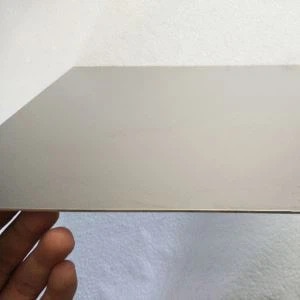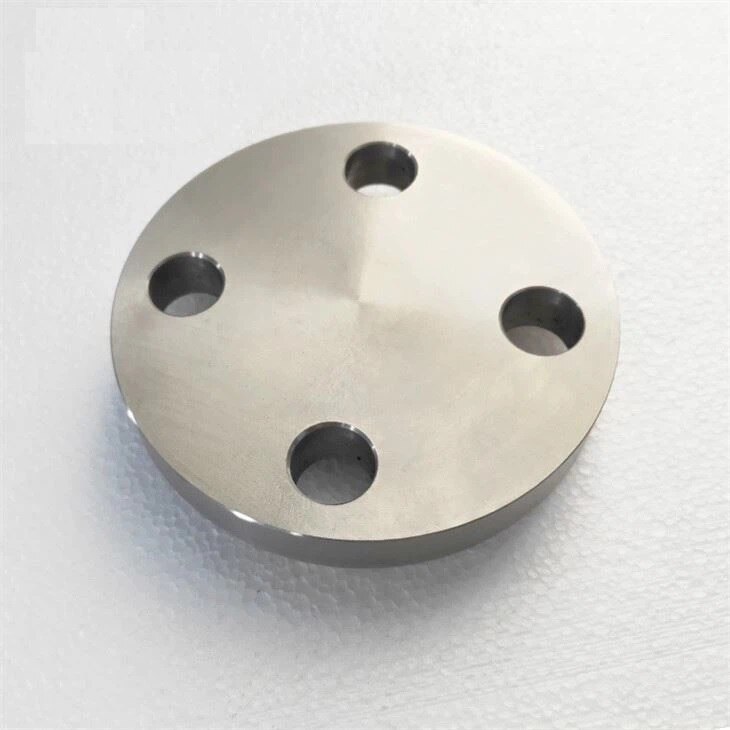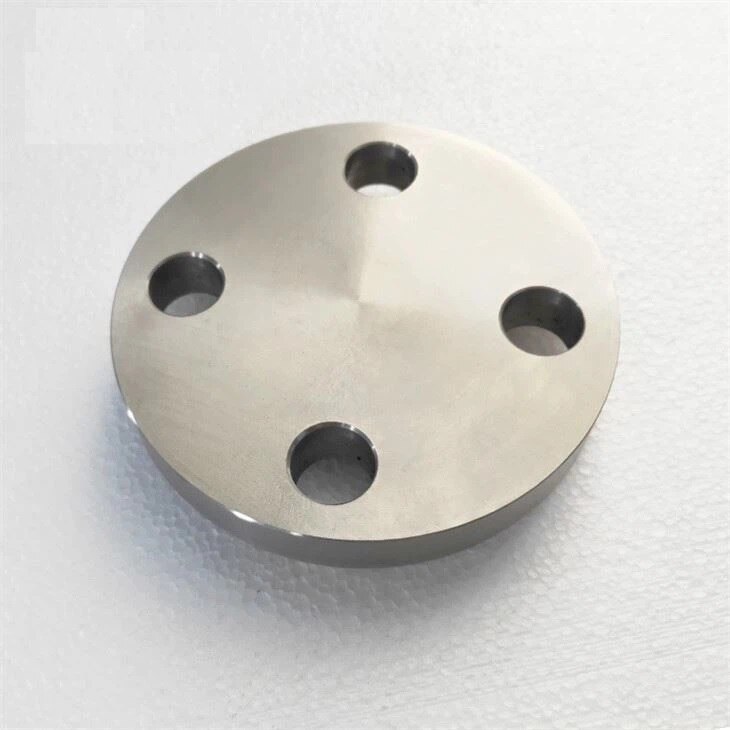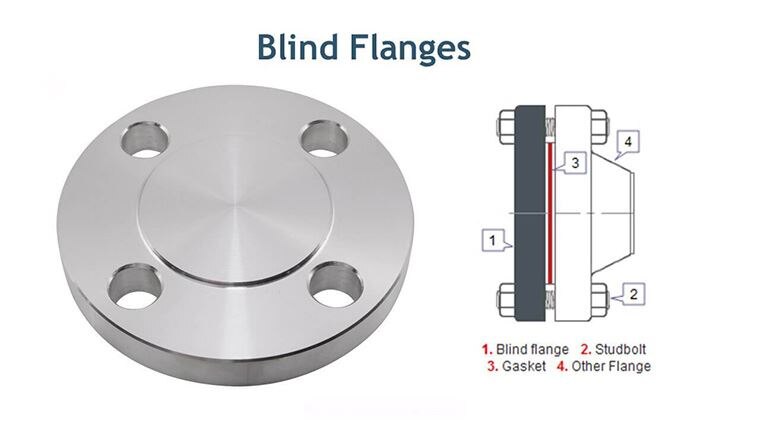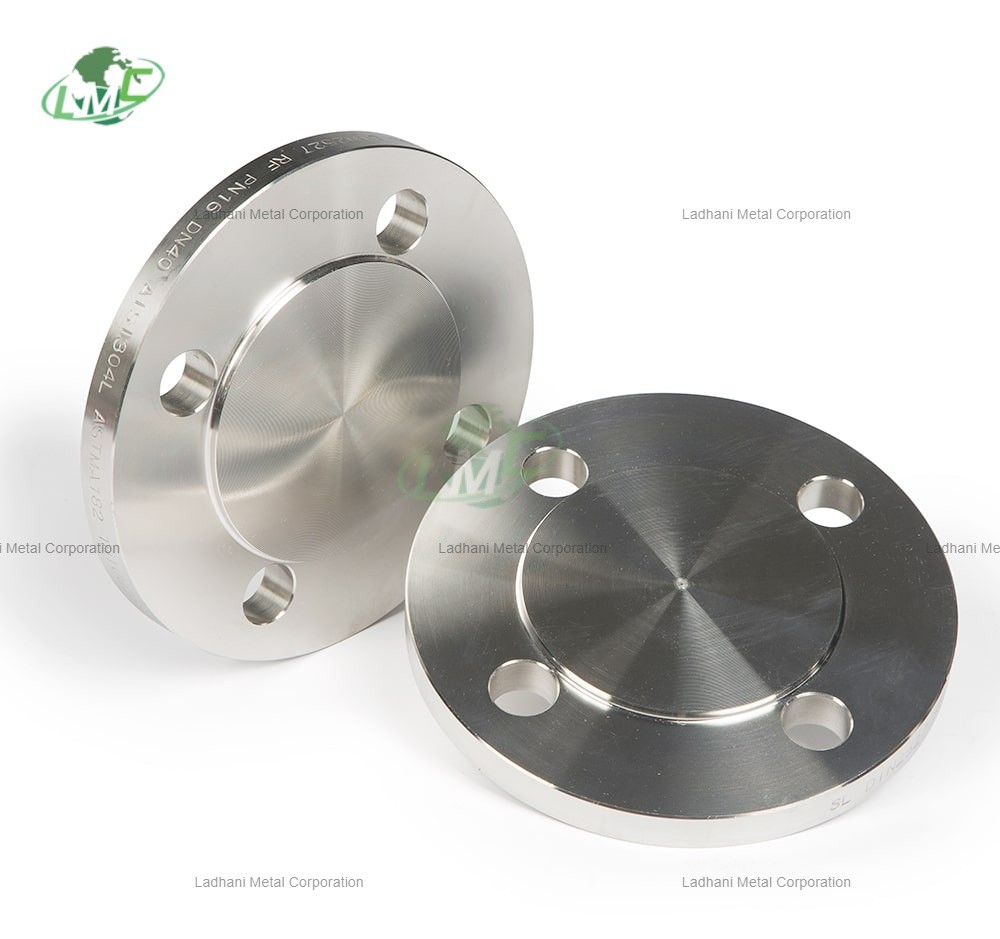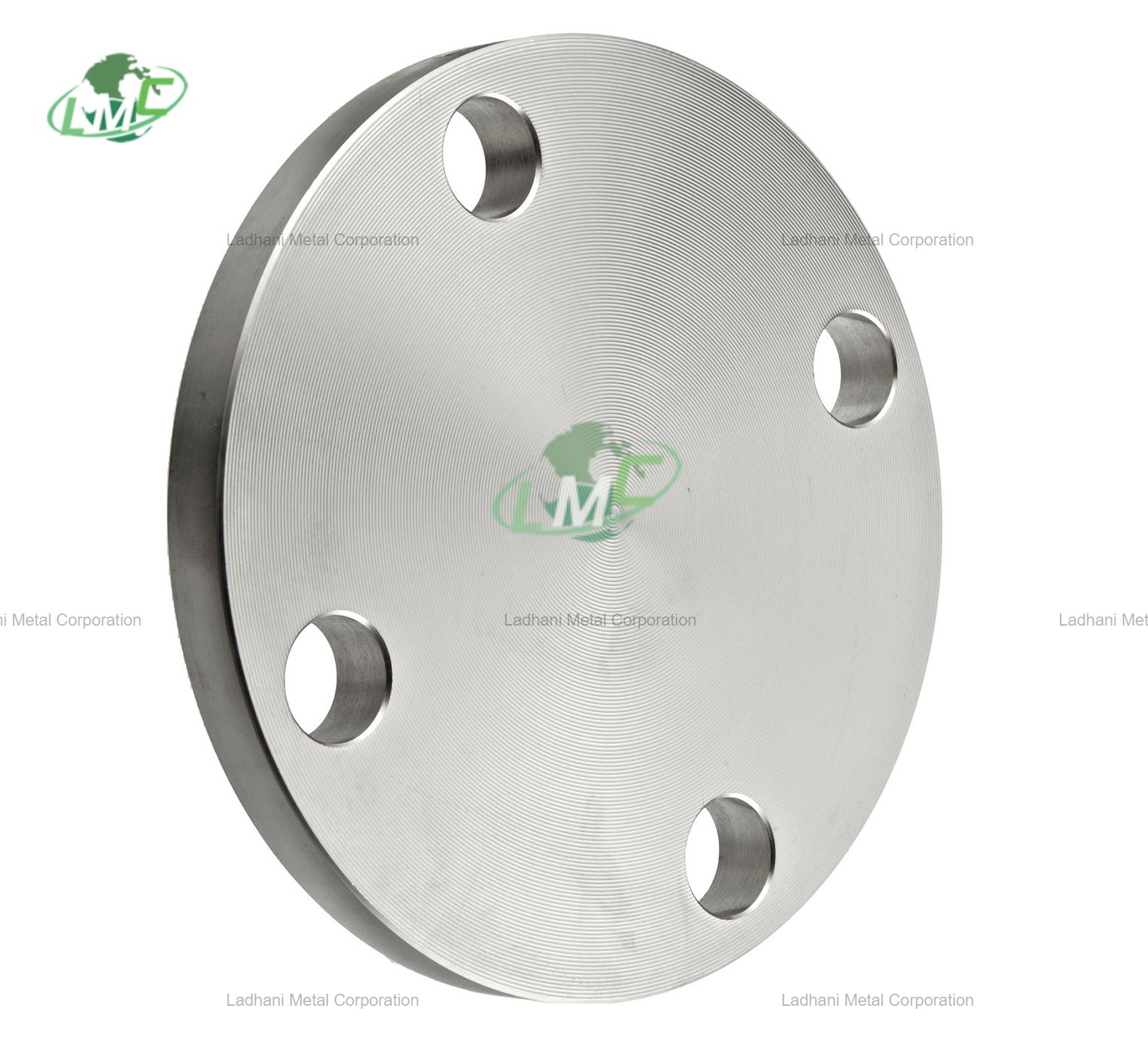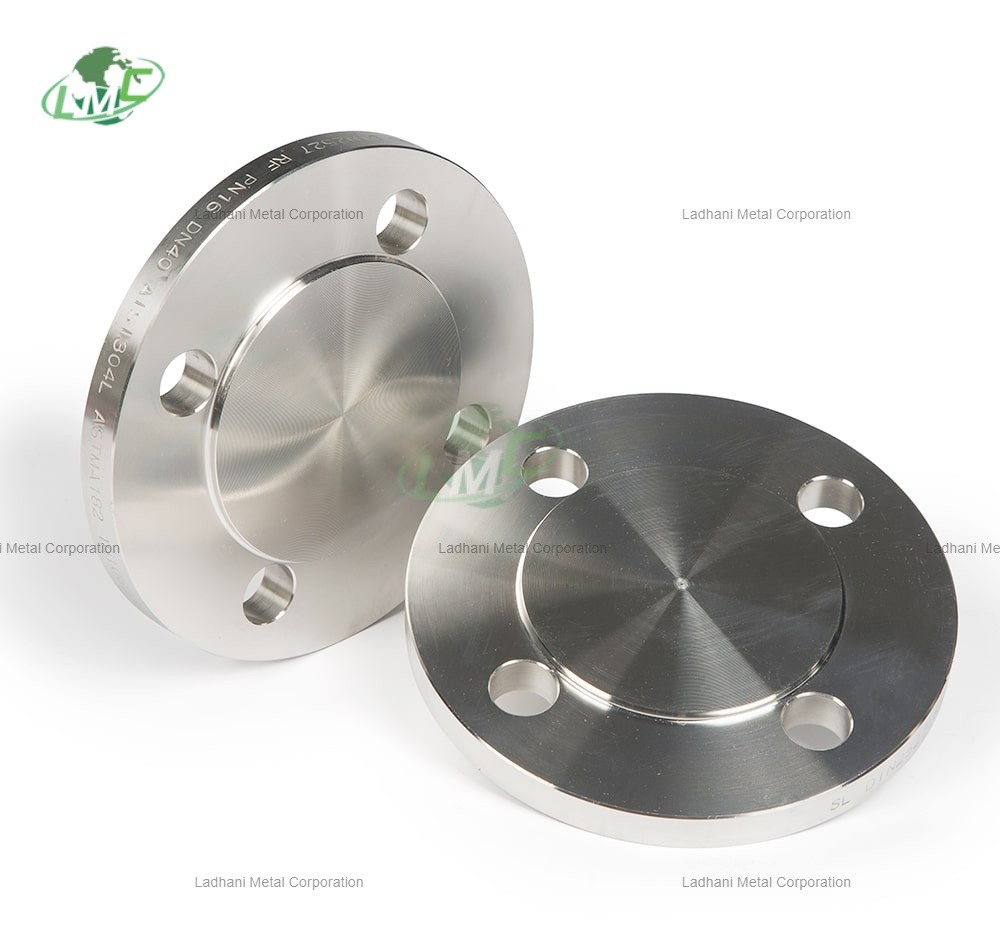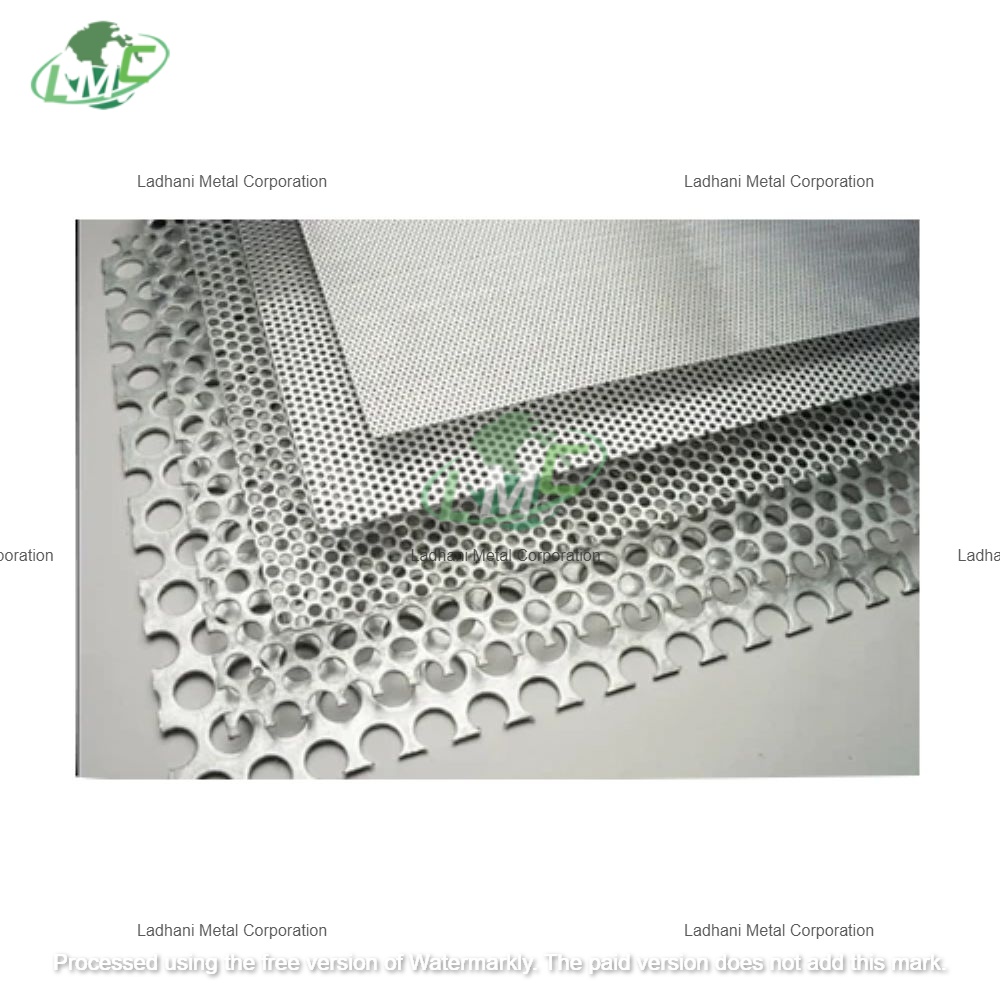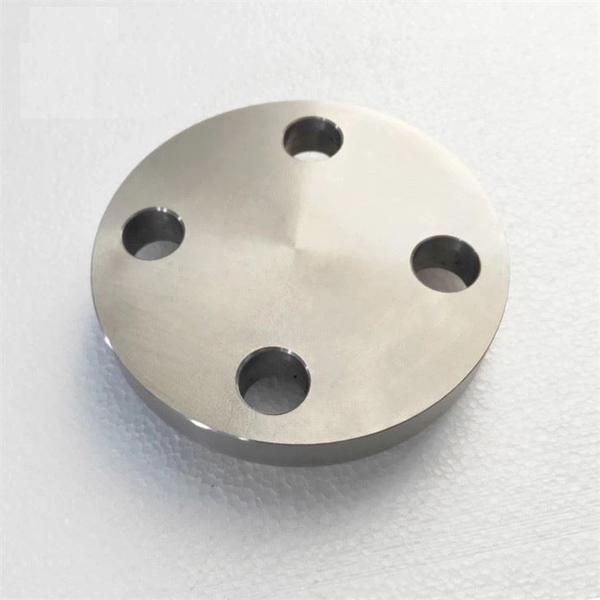Product name:Titanium sheet metal Unit price:$14-$36.9/kg Material: Titanium grade 1 grade 2 grade 3 grade 4 Grade 5 (Ti6al4v),grade 7,grade 12 etc. Standard: ASTM/ASME B265 AMS 4911 ASTM F136 ASTM F67 etc. Demension: Thickness*1000*2000mm Thickness*3000*6000mm (Standard size); Thickness: 0.5mm; 0.8mm; 1.0mm; 1.2mm; 1.5mm; 2.0mm; 3.0mm; 4.0mm ......40mm etc br>Technique : Rolled Status: Annealed(M) Titanium has many obviously superior characteristics: small density (4.5kg/m3), high melting point (1660℃), strong corrosion resistance, high specific strength, good plasticity, but also through alloying and heat treatment methods to produce a variety of alloys with high mechanical properties, is an ideal aerospace engineering structural materials. Titanium sheet metal are commonly used in today's manufacturing industry, and the most commonly used grades are 2 and 5. Grade 2 titanium Grade 2 is commercial pure titanium used in most chemical processing plants and can be cold formed. Ultimate tensile strength of grade 2 plates and sheets up to 40,000 psi and above. Grade 5 titanium Class 5 is an aerospace class that does not allow cold molding and is therefore used more often when molding is not required. Grade 5 aerospace alloys have ultimate tensile strength of 120,000 psi and above. Usually the purpose of using Titanium sheet metal is to really approximate the final size of the part being manufactured. The material is processed to the nearest size of the required parts and the grain structure of the finished product is more uniform. Titanium plates are often used as insulation because titanium prevents heat from being transferred to the rest of the assembly. The titanium plate and titanium plate are bulletproof and provide good protection for the driver during the race. Application example: in addition to the use of industrial pure titanium manufacturing parts, a large number of titanium alloy is used. It is increasingly widely used in aerospace, aerospace, chemical, shipbuilding and other industrial sectors, manufacturing gas turbine components, the production of prosthetic devices and other biological materials
Send Message
